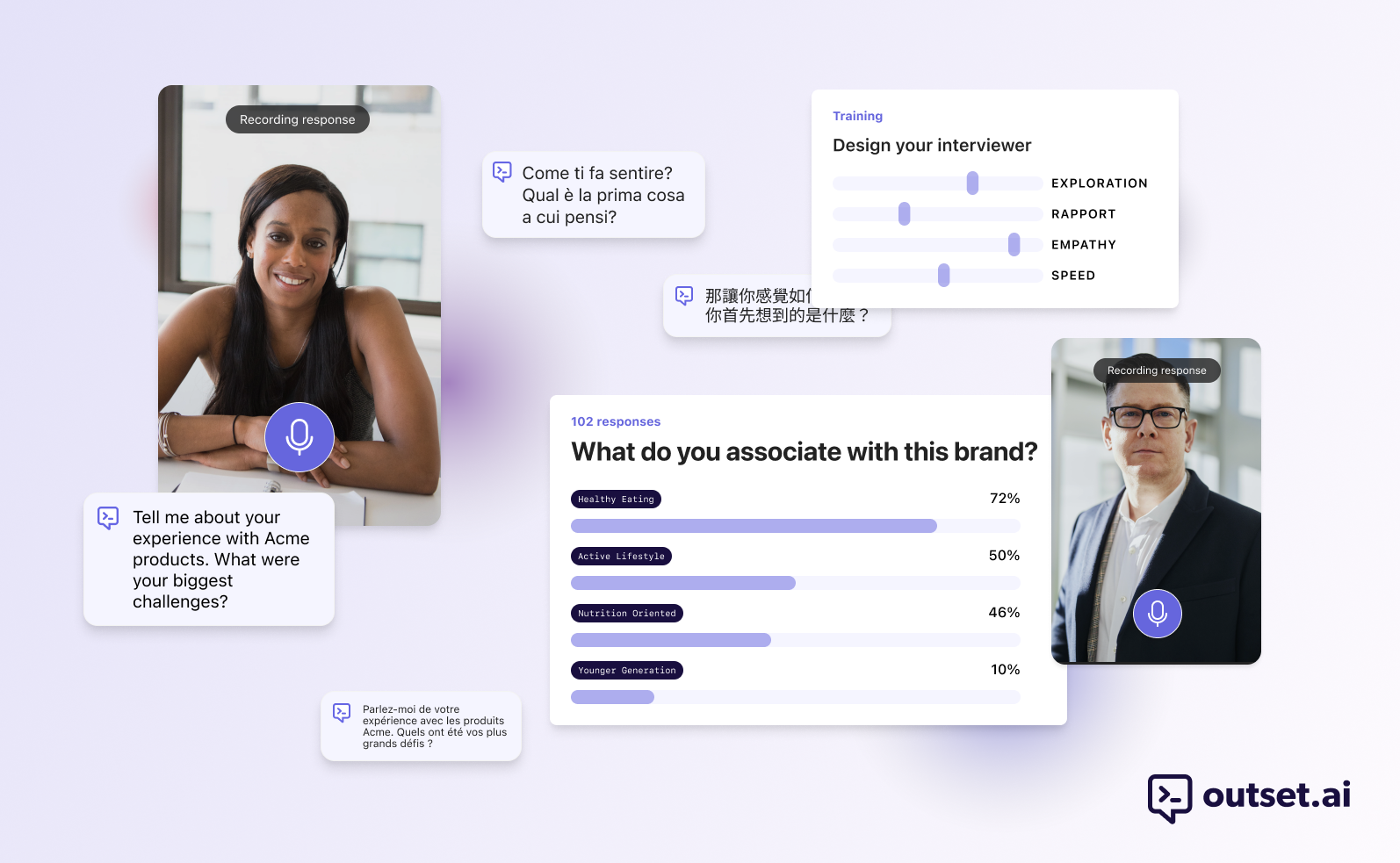Earlier this month we officially announced our investment in OffDeal, which is building the world’s first AI-native investment bank.
Small businesses drive 45% of the US GDP, but as owners retire thousands of these businesses face closure. Today, acquiring small businesses is incredibly time consuming and challenging. Of the over two million SMBs in the US, many are servicing niche industries while the potential buyers of these companies have similarly bespoke acquisition criteria. With a heavy reliance on small business business brokers, there is currently no automated or scalable way to facilitate small business transactions.
Historically, the best M&A advisory services were limited to large business. The very significant grunt work needed to provide the best advisory services has turned investment banking into a game of whale hunting, where banks chase the biggest companies. Experienced advisors have traditionally ignored small businesses, leaving the vast majority of entrepreneurs to fend for themselves.
By leveraging modern AI, OffDeal has streamlined the countless hours of analysis needed to find and evaluate small businesses. This allows advisors to focus on the human elements of their work: cultivating relationships, deeply understanding their client’s needs, and delivering personalized strategic guidance.
OffDeal uses AI in three distinct ways: (i) employing LLMs to index the entire SMB landscape into structured, queryable datasets – which has helped OffDeal create the world’s largest proprietary dataset of more than 2 million SMBs; (ii) deploying its proprietary algorithm to rank and sort thousands of potential targets, identifying the most relevant matches; and (iii) utilizing agents to enrich all of their datasets by studying all publicly available qualitative data, such as company websites, reviews, and more.
These technological breakthroughs make it possible for OffDeal to serve hundreds of thousands of small business owners who are typically overlooked and left to fend for themselves by Wall Street’s advisory services, providing critical support during one of the most significant business transactions of their lives.
By leveraging AI on their backend, OffDeal’s advisors can focus on providing the best services to their clients, and can focus on the human-to-human relationships that are so important in these life changing transactions. Our belief is that OffDeal will represent the first of many AI-native services firms that leverage AI to not just make us more productive, but allow us to be more human.
AI News This Week
-
AI market will surge to near $1 trillion by 2027, Bain says (Bloomberg)
Bain & Co. forecasts the AI market will surge to $990 billion by 2027, growing at 40% to 55% annually from $185 billion in 2023. This growth, driven by larger AI systems and expanding data centers, is expected to strain supply chains for components like semiconductors and integrated circuits. The expenses associated with data centers could rise from $1 billion to $25 billion over the next five years. Governments, including Canada, are heavily investing in sovereign AI infrastructure, though building these ecosystems will be costly and time-consuming, according to Bain.
-
Synex founder, once detained at the border with an 80-pound magnet, is building portable MRIs to test glucose (TechCrunch)
Ben Nashman, founder of Radical Ventures portfolio company Synex Medical, and his team are developing a portable MRI device capable of non-invasively testing glucose and other vital molecules in blood, potentially eliminating the need for blood draws. Synex has secured over $36 million in funding from a group investors including Radical, Sam Altman and Peter Thiel. Synex’s current prototype is toaster-sized, but the goal is to reduce it to fit a wearable device. Nashman is committed to revolutionizing healthcare through advanced, accessible health monitoring.
-
AI start-ups generate money faster than past hyped tech companies (Financial Times)
Despite concerns about the profitability of AI businesses due to the high computing costs for running and training AI models, AI start-ups are generating revenue at record speeds and surpassing traditional tech companies in milestone achievements, according to Stripe data. These AI firms reached $30 million in annualized revenue in just 20 months on average – five times faster than SaaS companies in previous tech waves. The top 100 privately held AI companies on Stripe’s platform took a median of just 11 months to reach $1 million in annual revenue, compared to 15 months for their SaaS predecessors. Rapid monetization showcases start-ups’ ability to launch new AI-driven products, often a new generation of previous SaaS offerings, that boost productivity faster than larger firms with outdated architectures.
-
Canada’s $2-billion AI computing plan (The Globe and Mail)
Canada’s $2-billion sovereign computing strategy aims to bolster domestic AI infrastructure, but foreign tech giants like Amazon, Microsoft, and Google could benefit initially due to their dominance in cloud computing. In Radical Ventures’ submission to the government’s compute consultation, partner David Katz supports short-term subsidies to help Canadian AI companies access compute resources, even from foreign providers, as a stopgap until domestic infrastructure is built. Katz argues this coordinated procurement strategy would spur AI development in Canada, by maximizing purchasing power and leveraging economies of scale to lock in compute at lower costs.
-
Research: Can LLMs Generate Novel Research Ideas? (Stanford University)
Researchers found that AI-generated research ideas outperformed those of 50 human scientists in terms of originality and excitement, despite scoring slightly lower on feasibility. The LLM generated 4,000 ideas per topic, with 200 considered truly unique. Beyond idea generation, AI is set to upend current methods of scientific research workflows. Radical Ventures investor Sanjana Basu recently wrote about the breakout potential of AI in sciences due to scarce talent, increased industry appetite, and opportunities for exponential value creation.
Radical Reads is edited by Ebin Tomy (Analyst, Radical Ventures)





